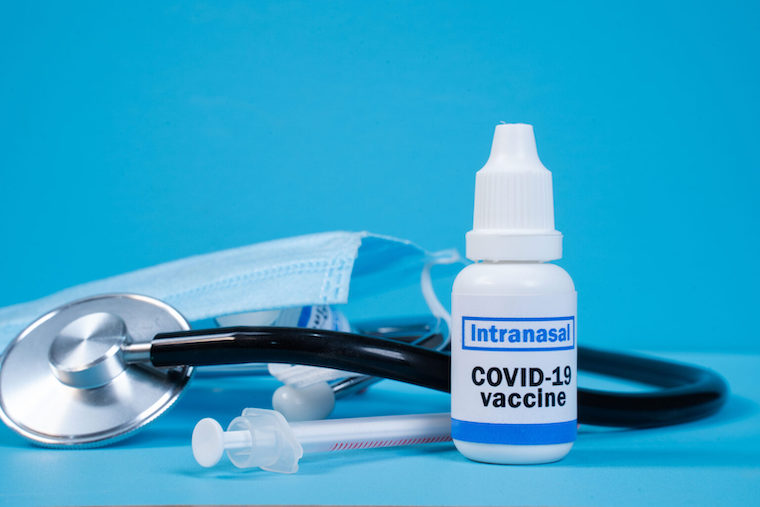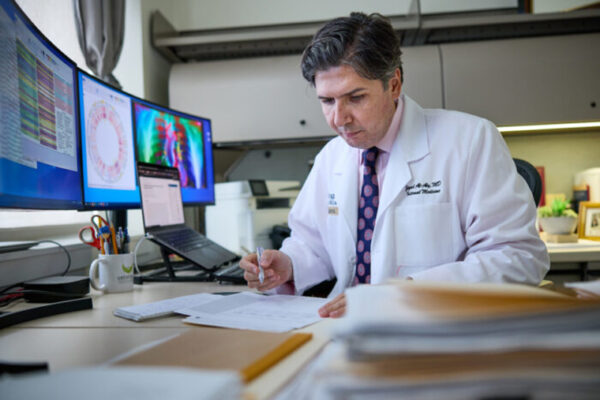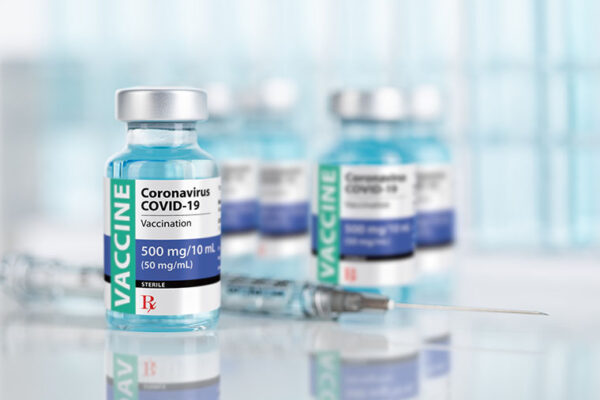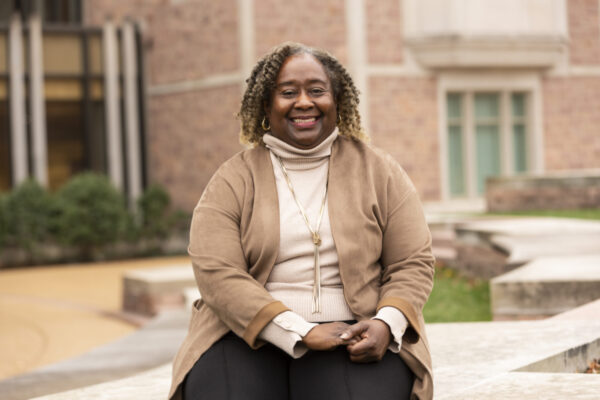A nasal COVID-19 vaccine based on technology licensed from Washington University in St. Louis has been approved for emergency use in India as a booster for people who have already received two doses of other COVID-19 vaccines. The approval follows the Indian government’s emergency use authorization in September of the vaccine as a primary series of two doses, and makes the intranasal vaccine the world’s first to receive approval as both a primary vaccine for COVID-19 and a booster.
The expanded authorization means that the vaccine, delivered via drops into the nose, can be received by almost any adult in India. People who have never been vaccinated for COVID-19 are eligible, as well as those who already have received other COVID-19 vaccines. An estimated 900 million people in India have already received two doses of a COVID-19 vaccine.
“We are excited by the authorization of the nasal vaccine booster, which enables this intranasal vaccine to be used by many more people and hopefully will curtail transmission,” said Michael S. Diamond, MD, PhD, the Herbert S. Gasser Professor of Medicine and a professor of molecular microbiology and of pathology & immunology. Diamond co-developed the vaccine.
The main advantage of the nasal vaccine — other than that it doesn’t require a needle — is that it triggers an immune response in the nose and upper airway, right where the virus enters the body. In doing so, it has the potential to block infection and break the cycle of transmission. The technology underlying this nasal vaccine is also adaptable, so the vaccine can be quickly and easily modified to match emerging variants of concern.
“A lot of people seem to be unconcerned by the pandemic, but the virus is still here, and people will continue to need to be vaccinated for the foreseeable future,” said David T. Curiel, MD, PhD, the Distinguished Professor of Radiation Oncology, who worked with Diamond to develop the vaccine. “The ability to get a nasal vaccine as a COVID-19 booster – several months after an initial series of injectable vaccines – is a new step in vaccine science. Further developing vaccination strategies that involve a sequence of different types of vaccines each aimed at the same virus could help us better prepare for the next pandemic.”
Diamond and Curiel, along with members of their laboratories, created the nasal vaccine at Washington University in the early months of the COVID-19 pandemic. In summer 2020, Washington University licensed the rights to develop, manufacture and commercialize the technology in India to Bharat Biotech International Limited, a global leader in vaccine innovation and a developer of vaccines for infectious diseases. This October, the university also licensed the technology to Ocugen Inc., a U.S.-based biotechnology company focused on developing and commercializing novel gene and cell therapies and vaccines, for development in the U.S., Europe and Japan.
The vaccine was authorized for use in India based on data from clinical trials conducted by Bharat Biotech. About 3,100 people participated in studies of the two-dose primary vaccination sequence at sites across India. Another 875 people who had already received two doses of either of the two other COVID-19 vaccines used in India — COVAXIN and COVIDSHIELD — participated in booster studies.
About Washington University School of Medicine
WashU Medicine is a global leader in academic medicine, including biomedical research, patient care and educational programs with 2,700 faculty. Its National Institutes of Health (NIH) research funding portfolio is the fourth largest among U.S. medical schools, has grown 54% in the last five years, and, together with institutional investment, WashU Medicine commits well over $1 billion annually to basic and clinical research innovation and training. Its faculty practice is consistently within the top five in the country, with more than 1,790 faculty physicians practicing at over 60 locations and who are also the medical staffs of Barnes-Jewish and St. Louis Children’s hospitals of BJC HealthCare. WashU Medicine has a storied history in MD/PhD training, recently dedicated $100 million to scholarships and curriculum renewal for its medical students, and is home to top-notch training programs in every medical subspecialty as well as physical therapy, occupational therapy, and audiology and communications sciences.




Comments and respectful dialogue are encouraged, but content will be moderated. Please, no personal attacks, obscenity or profanity, selling of commercial products, or endorsements of political candidates or positions. We reserve the right to remove any inappropriate comments. We also cannot address individual medical concerns or provide medical advice in this forum.